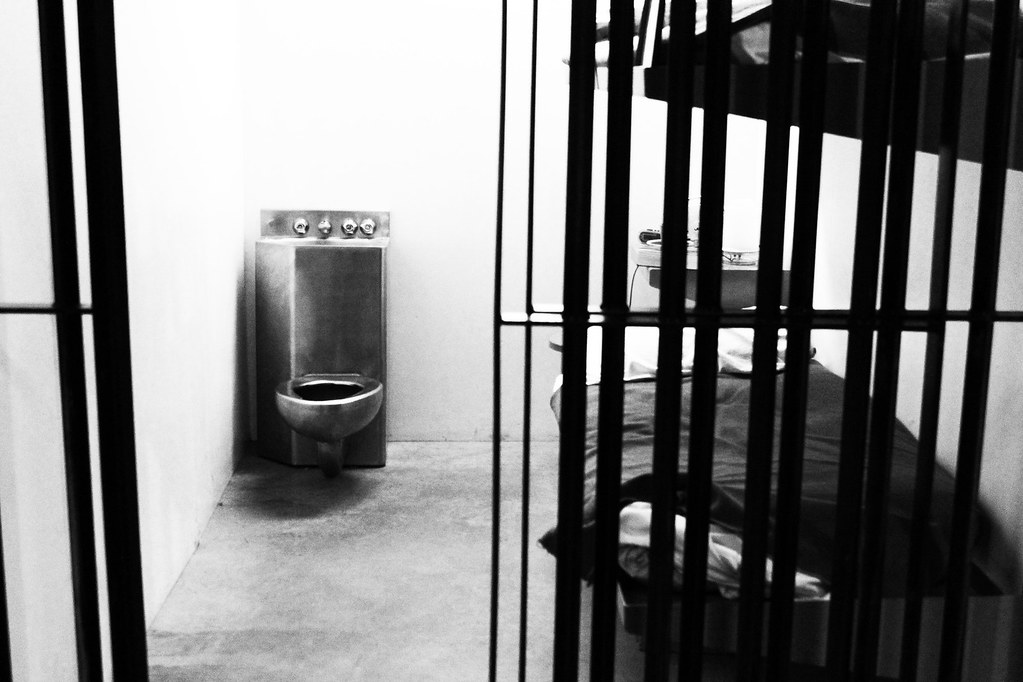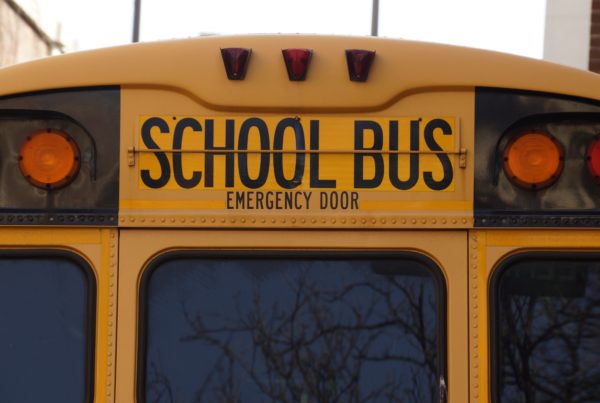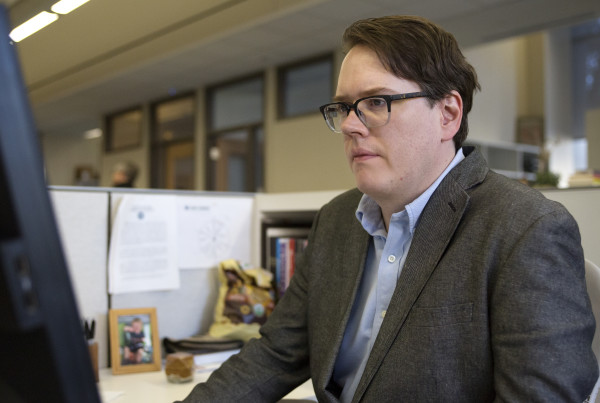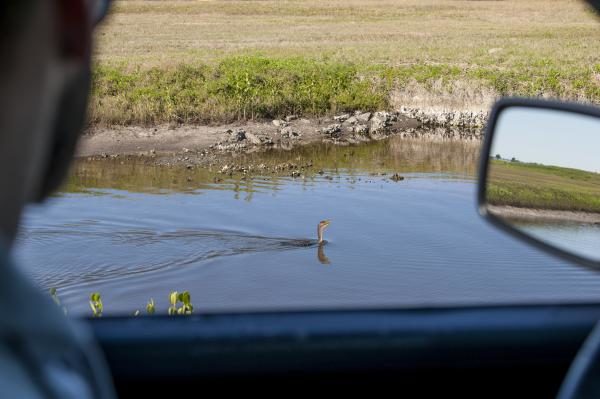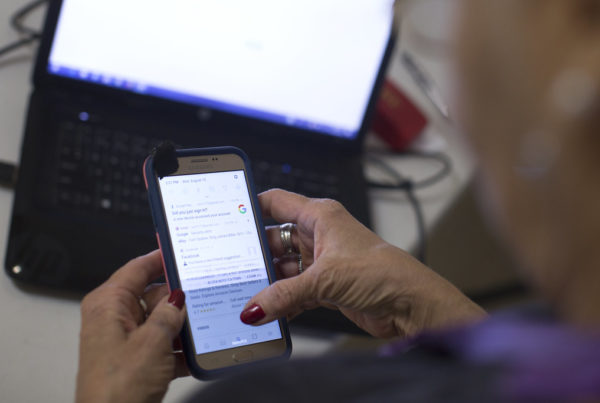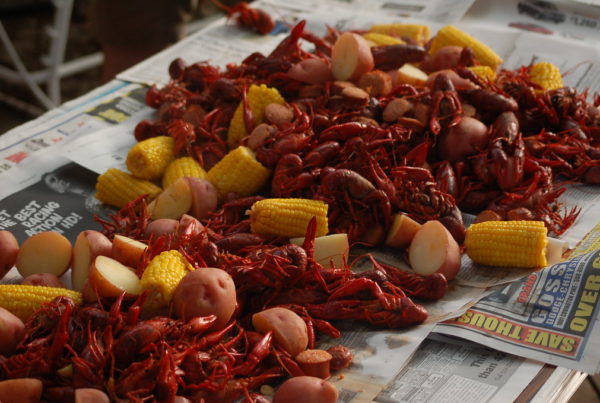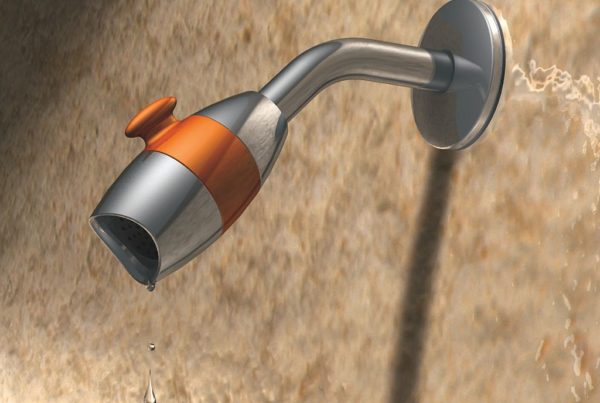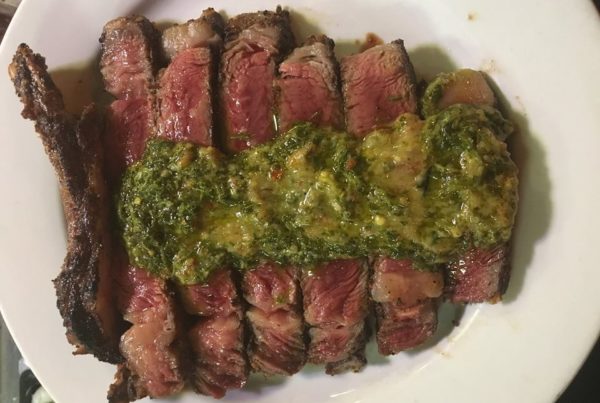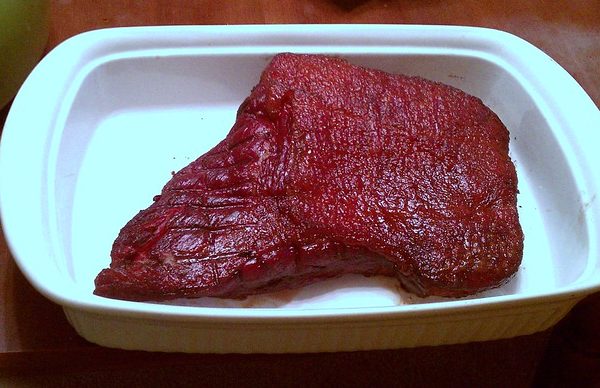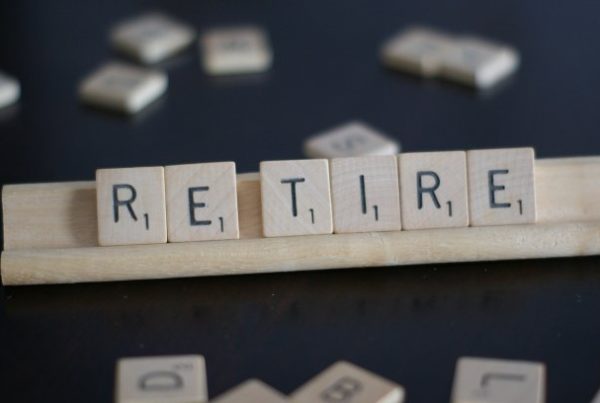On Tuesday, a new Texas Department of Criminal Justice policy went into effect, banning any religious adviser from being in the execution chamber with an inmate. The decision came after the U.S. Supreme Court, last week, postponed the execution of Patrick Murphy, a member of the Texas Seven group.
The court said his execution had to wait until Texas decided on its policy about the presence of spiritual advisers during executions. The state had originally denied Murphy’s request to have a Buddhist priest, which Murphy appealed because Texas had allowed advisers from other faiths to be in the execution chamber. In his opinion, Associate Justice Brett Kavanaugh wrote that Texas needed to find a way to accommodate all faiths so as not to discriminate, or to allow no advisers at all. TDCJ decided on the latter.
Jolie McCullough is a criminal justice reporter for The Texas Tribune, and says until the policy change, TDCJ had allowed Christian and Muslim spiritual advisers in the execution chamber for decades. Now, it only allows spiritual advisers to go as far as the viewing room. But she says critics argue that the change infringes on inmates’ religious freedoms.
“There’s a difference between discrimination among religions … and then there’s one that’s just infringing on religious rights overall,” McCullough says one lawyer told her.
She says TDCJ is “digging in” with this decision, which may not work in Texas’ favor as the Supreme Court continues to process Murphy’s appeal. In other words, the court might view Texas’ new policy as yet another form of religious discrimination.
As for Murphy’s execution, McCullough says it’s indefinitely postponed until the Supreme Court decides. That’s because Murphy’s appeal was based on the fact that he was denied a Buddhist priest during his execution. But now, TDCJ’s new policy essentially nullifies Murphy’s argument, so it’s up to the Supreme Court to decide how the case will move forward.
“The Supreme Court said, ‘Stop this execution until his full petition can be reviewed,’” McCullough says.
Written by Caroline Covington.


